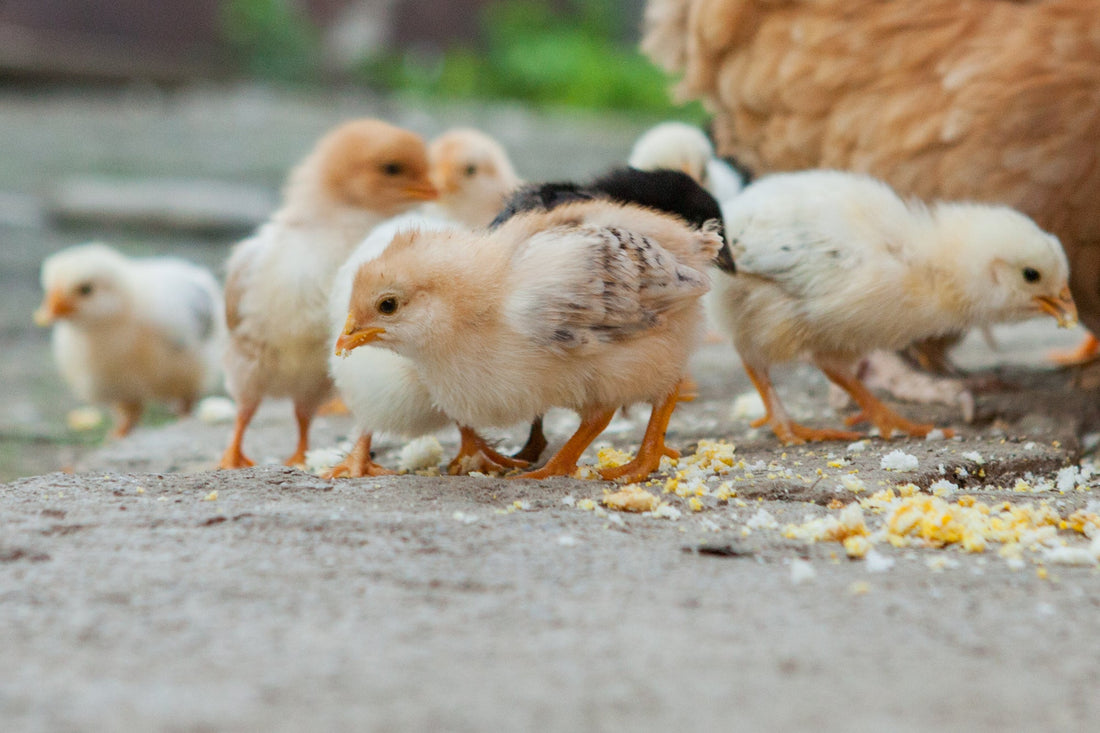Raising healthy chickens begins with the right nutrition from the start. For anyone venturing into poultry farming or keeping chickens as pets, understanding the nutritional needs of chicks is crucial. This article delves into choosing the appropriate starter feed for chicks, understanding their nutritional requirements, and knowing when to switch to grower feed.
Understanding the Nutritional Needs of Chicks
Chicks require a diet that supports their rapid growth and development. In the first few weeks of life, they need a high-protein diet that differs significantly from what mature chickens eat. Key nutrients essential for chicks include:
Protein: Crucial for growth, feather development, and overall health.
Vitamins and Minerals: Particularly vitamins A, D, and E, and minerals like calcium and phosphorus for bone development.
Amino Acids: Essential for proper development, with lysine and methionine being particularly important.
Choosing the Right Starter Feed
Types of Starter Feed
Medicated vs. Non-Medicated: Medicated feeds contain coccidiostats to prevent coccidiosis, a common and potentially fatal intestinal disease in chicks. Non-medicated feeds are suitable if you're raising organic birds or if your chicks were vaccinated against coccidiosis.
Organic vs. Conventional: Organic feeds are made from ingredients grown without synthetic pesticides or fertilizers. Conventional feeds are more common and usually less expensive.
What to Look For
Protein Content: Look for feeds
with a protein content of around 18-22%. This high protein level supports the rapid growth and feather development in young chicks.
Ingredient Quality: Ensure the feed is composed of high-quality ingredients. Avoid feeds with excessive fillers or by-products.
Freshness: Fresh feed is vital. Check the manufacturing date and opt for feeds that are as fresh as possible.
Feeding Your Chicks
How to Feed
Consistent Access: Chicks should have constant access to feed. Unlike adult chickens, they need to eat frequently due to their fast growth rate.
Clean Feeders: Maintain clean feeding equipment to prevent disease and contamination.
Water: Always provide fresh, clean water. Hydration is as important as nutrition.
Monitoring Progress
Observe Growth: Regularly monitor their growth and overall health. If the chicks are not gaining weight or seem lethargic, consult a vet and consider adjusting their diet.
Watch Behavior: Active and alert behavior typically indicates that the chicks are healthy and thriving.
Transitioning to Grower Feed
When to Switch
Age: The transition to grower feed usually occurs around 6-8 weeks of age. However, this can vary depending on the breed and their development rate.
Developmental Cues: Look for cues like the development of feathers and increased size. Once chicks begin to look more like small chickens than fluffy chicks, it's often time to transition.
Choosing Grower Feed
Lower Protein Content: Grower feeds have a lower protein content, usually around 15-18%, suitable for this stage of development.
Continued Nutrient Support: Ensure the feed supports continued growth and development with the appropriate balance of vitamins and minerals.
The right start can set the stage for a chicken's lifelong health and productivity. By choosing the appropriate starter feed, understanding the unique nutritional needs of chicks, and knowing when and how to transition to grower feed, you can ensure that your feathered friends have the best start in life. Remember, a well-fed chick grows into a healthy chicken, so invest time and care in their early nutrition. Happy feeding! 🐥🌾
